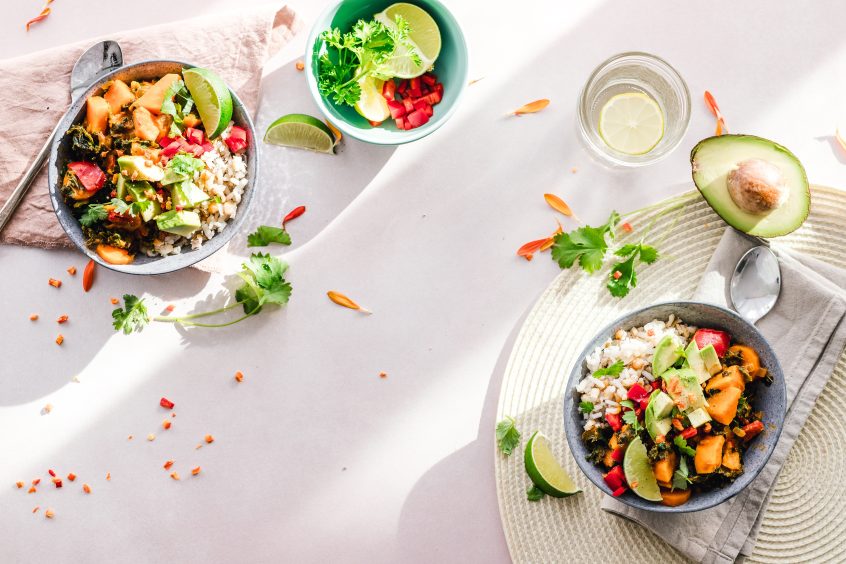Creating reliable, sustainable food systems for a growing population is an incredible and complex challenge. Currently, our food systems are hugely polluting and causing deforestation, biodiversity loss and large-scale carbon dioxide and methane emissions. Thijs Bosch sees the potential for alternative proteins to lead the way in the sustainable food transition. We talked to Thijs about his work at Cosun Protein and his insights into the most exciting alternative protein technology.
What are alternative proteins?
Before I joined Cosun about a year ago, I worked for 12 years in the dairy industry where I was mainly focused on selling whey and milk proteins. Now I put all of my energy on growing the “alt protein” business of Cosun. Plant proteins and others proteins which are not derived from animals are so-called “alternative proteins”. But in my view, they are much more than alternatives, they need to become the default option in our diet. That’s because they are far more efficient, sustainable and healthy compared to animal proteins.
What different alternative protein technologies exist and where do you see the most potential?
Over the last years we have seen huge steps forward in terms of new technologies to extract and produce proteins from sources like plants, fungi, yeast and through fermentation via specific bacteria to produce proteins from biomass and waste streams.
The longer-term perspective of all those proteins is very bright, especially when they are able to create taste, texture and nutrition in an energy efficient way. Producing functional ingredients from sources that are traditionally considered as “waste streams” is particularly interesting given the limited footprint, competitive cost price and scalability potential. There is enormous potential to increase the production of plant proteins and other Alt Proteins as the R&D activities in this space are just getting started.
What are the biggest challenges in the space? Will these change in the future?
The main challenge to the fast adoption of Alt Proteins remains the taste and texture that these ingredients deliver compared to the animal-derived alternatives. Despite the significant progress made over recent years, many consumers still prefer the taste and texture of “real” chicken, beef, cheese and yoghurt vs. the plant-based alternatives.
Many consumers also don’t (yet) identify with a plant-based / vegan lifestyle and therefore still opt for the default options in a restaurant or supermarket.
That being said, there are absolutely amazing plant-based meat and dairy products on the market and they keep getting better. Moreover, the environmental impact of animal products is simply not sustainable and future R&D spend will be increasingly focused on Alt Proteins.
What is Cosun Protein working on?
In 2022 we have introduced our high-quality fava bean protein isolate in the market, called Tendra. It has proven to be a game-changing plant protein which is aroma-neutral and that exceeds industry standards for taste, purity and solubility. Various breakthrough developments in dairy-based applications are currently taken place together with our customers and first products have been launched in retail.
We focus on locally grown Fava to ensure we also have a positive impact on soil health, biodiversity and the climate in general by growing the volumes of Fava Beans
Other areas where we focus are the valorisation of side-streams to convert those in high value ingredients. For example, we recently announced our investment in Revyve to support them in converting brewer-spent yeast into high-value ingredients.
What are you looking forward to discussing in the Alternative Protein panel at the Accelerating Sustainability Summit?
I am looking forward to many interactive discussions on how we can fast-track innovation to produce food in a truly sustainable way. We need to make huge steps across the whole supply chain, otherwise it is all “too little, too late”. The urgency to transform our food system has never been higher, so we need everybody to get involved!


